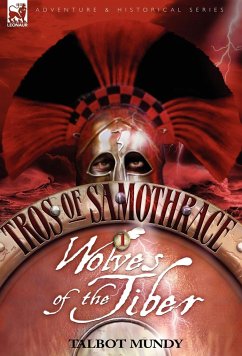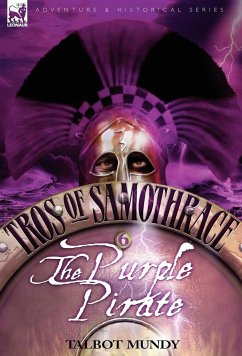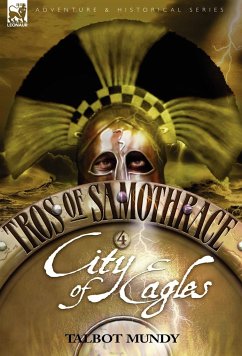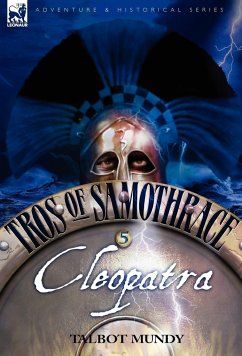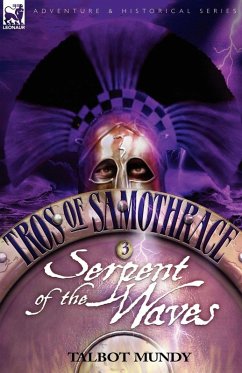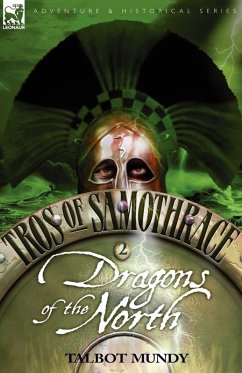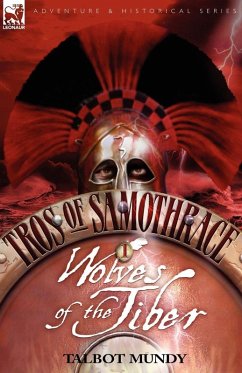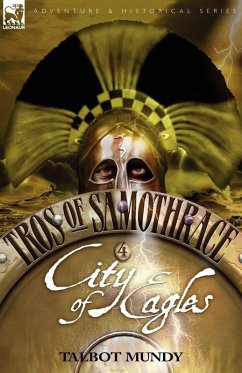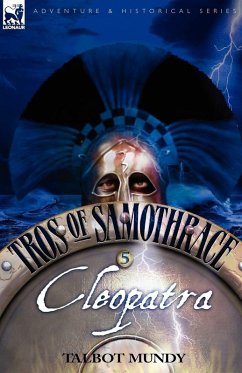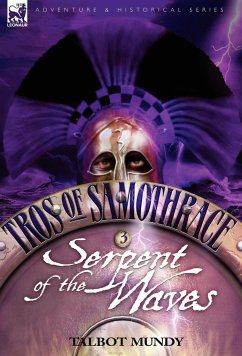
Tros of Samothrace 3
Serpent of the Waves
Versandkostenfrei!
Versandfertig in über 4 Wochen
34,99 €
inkl. MwSt.
Weitere Ausgaben:

PAYBACK Punkte
17 °P sammeln!
55 B.C. - Caesar is poised to invade Britain - only a grand strategy can foil him! Following their last clash, Tros, his allies and the forces of Rome have drawn apart to prepare for the conflict to come. King Caswallan of the Trinobantes is determined to resist any incursion, but the other British tribal leaders do not unanimously support him. Tros must suffer plots and revolts as he struggles to prepare his ship-the serpent prowed Liafail-for sea, but he needs more seamen and must lure Caesar into battle to win them. With the crew in place Tros pursues a desperate gamble! He will sail to Rom...
55 B.C. - Caesar is poised to invade Britain - only a grand strategy can foil him! Following their last clash, Tros, his allies and the forces of Rome have drawn apart to prepare for the conflict to come. King Caswallan of the Trinobantes is determined to resist any incursion, but the other British tribal leaders do not unanimously support him. Tros must suffer plots and revolts as he struggles to prepare his ship-the serpent prowed Liafail-for sea, but he needs more seamen and must lure Caesar into battle to win them. With the crew in place Tros pursues a desperate gamble! He will sail to Rome itself to stir Caesar's enemies against him! This is the third Tros of Samothrace adventure-with more in this enthralling series available from Leonaur! Look out for Wolves of the Tiber, Dragons of the North and City of Eagles, all available now-with more to come!




